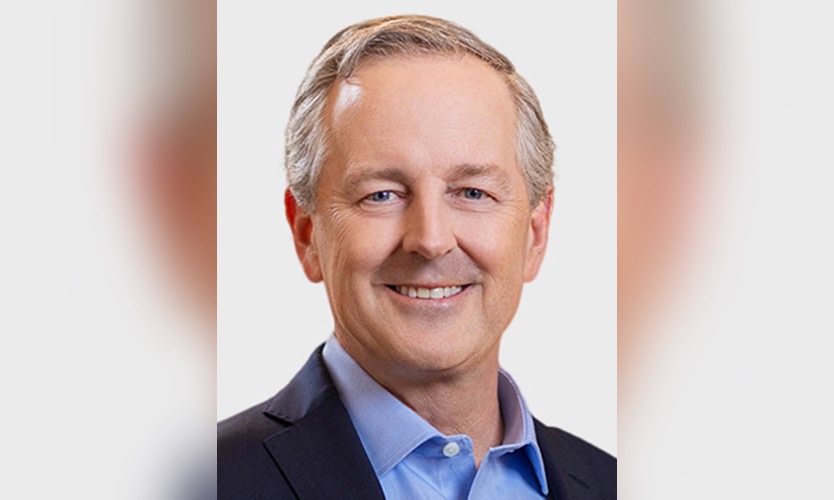MMC leaders say tariffs likely to drive up cost of risk
- May 24, 2025
- Posted by: Web workers
- Category: Workers Comp

Tariffs will likely be inflationary to the overall cost of risk, top executives at Marsh & McLennan Cos. Inc. said Thursday, as the brokerage reported higher first-quarter revenue but a decline in profit.
Insurance rates continued to soften in several major lines in the quarter, led by property, despite the elevated risk landscape, the executives said.
Marsh McLennan reported $7.06 billion in revenue for the quarter, a 9% increase from the same period last year.
The company’s revenue increased 4% on an underlying basis, which excludes the impact of acquisitions and dispositions and foreign exchange fluctuations.
Marsh McLennan continues to expect mid-single-digit underlying revenue growth for the year.
First-quarter net income slipped to $1.38 billion from $1.4 billion in the prior-year period. The acquisition of McGriff Insurance Services LLC, which closed Nov. 15, contributed modestly to first-quarter earnings and is expected to be more accretive in 2026.
Marsh LLC, Marsh McLennan’s main brokerage arm, reported revenue of $3.45 billion, a 15% increase overall and up 5% on an underlying basis.
Guy Carpenter & Co. LLC, its reinsurance brokerage arm, reported $1.21 billion in revenue, a 5% increase overall and on an underlying basis.
In its consulting business, Mercer reported $1.5 billion in revenue, a 5% increase, and Oliver Wyman reported revenue of $818 million, a 4% increase.
Marsh McLennan had “a solid start to the year,” with good growth in all four of its businesses, President and CEO John Doyle said on an earnings call with analysts Thursday morning.
“Ongoing trade negotiations will continue to create challenges for businesses, and this has led to reduced consumer and business confidence, as well as financial market volatility,” Mr. Doyle said.
The global economic outlook is likely to remain uncertain as stakeholders assess the potential impacts on trade and businesses pause new investments, but Marsh McLennan is “well-positioned” to navigate these environments, he said.
Expectations for GDP growth, inflation, interest rates and other factors have become less predictable, he said.
“Tariffs would likely be inflationary to the overall cost of risk. This comes on top of the increasing frequency and severity of natural catastrophes and rising social inflation costs,” Mr. Doyle said.
Marsh’s global rate index decreased 3% in the quarter, compared with a 2% decline in the fourth quarter. Rates in the U.S. decreased 1%.
The index skews to large account business, Mr. Doyle said.
Global property rates decreased 6%, compared with a 3% decline in the prior quarter. Global casualty rates increased 4%, and excess casualty rates rose 16%. Workers compensation rates declined in the mid-single-digits.
Global financial and professional liability rates fell 6%, while cyber liability rates also declined 6%.
“U.S. property cat reinsurance rates remained competitive for the April 1 renewal period. Non-loss-impacted rates were down 5% to 15%, while loss-impacted programs typically experienced 10% to 20% rate increases,” Mr. Doyle said.
Early signs for the June 1 Florida cat risk renewals point to similar market conditions, he said.
Dean Klisura, president and CEO of Guy Carpenter, said ample capacity in the property market has been driven by very strong reinsurer returns in 2024.
“The California wildfires had really little or no impact on pricing terms and conditions in the property cat market in April 1,” Mr. Klisura said.



